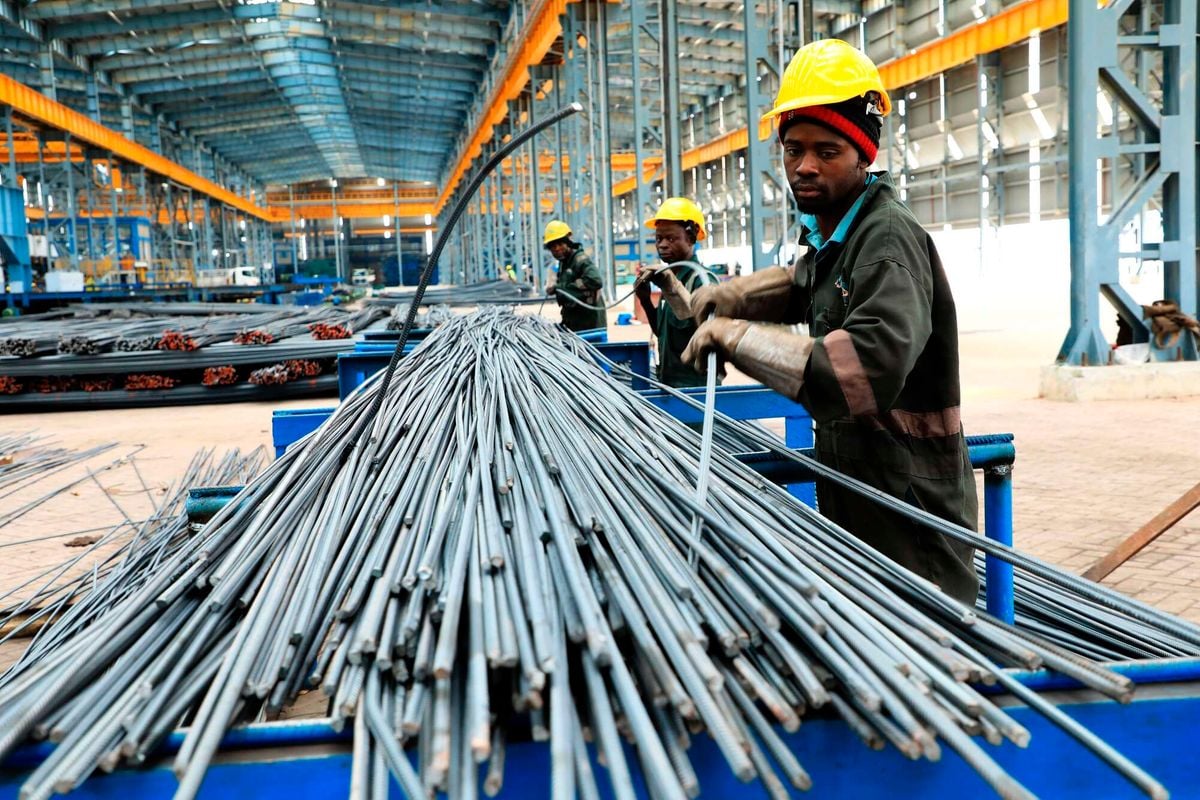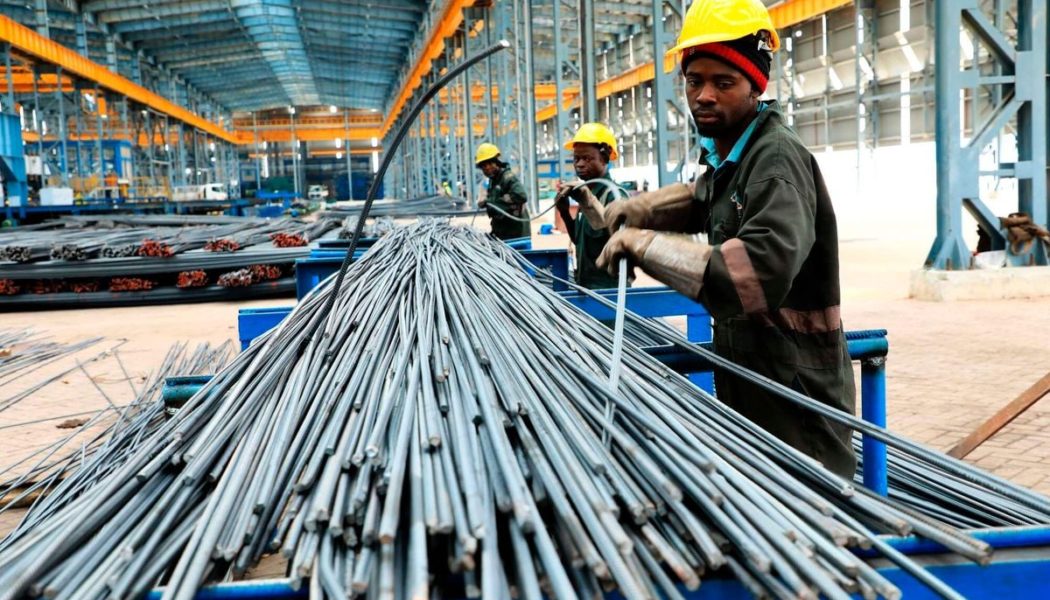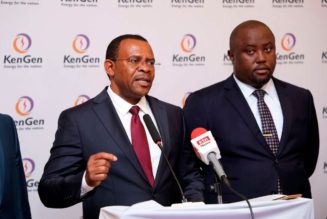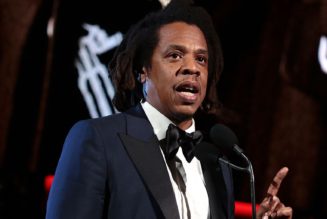
The International Finance Corporation (IFC) plans to invest Sh2.58 billion in steel manufacturer Abyssinia Group of Industries (AGI) for expansion of its production capacity in Kenya and Ethiopia and boost working capital.
The World Bank’s private sector lending arm said the funding will form part of a Sh7.74 trillion ($60 million) project in which the company targets to cut carbon emissions and take more control of its supply chain through ‘backward integration’.
Backward integration is when a company buys another company that supplies the products or services needed for production. Backward integration often involves buying or merging with another company that supplies its products. Companies pursue backward integration when it is expected to result in improved efficiency and cost savings.
“The project will be implemented by Abyssinia Iron and Steel Ltd in Kenya and by Abyssinia Cold Rolling Mills PLC in Ethiopia,” the IFC said in a disclosure.
The expansion and carbon reduction project will be implemented at the company’s steel plants in Mariakani, Kenya, and in Bishoflu, Ethiopia.
“The total project cost is estimated at $60 million. The proposed investment is an A-loan for IFC’s own account of up to $20 million” it added.
AGI, majority-owned by the family of businessman Jateen Patel, operates six steel plants in Kenya and has two factories in Ethiopia. The company broke ground for a steel plant in Jinja, Uganda on October 18, 2023.
Demand for steel in Kenya and the wider eastern Africa region has grown substantially amid mega projects in infrastructure and real estate.
The steel industry in Kenya is currently controlled by Devki Group, owned by businessman Narendra Raval, although it is facing heightened rivalry as others such as AGI move to expand their factories and capitalise on demand currently partly serviced through imports.
Kenya imported iron and steel worth Sh108.82 billion ($843.33 million) in 2023, according to the United Nations Comtrade database on international trade.
The government early this year also revealed that it targets to spend Sh220 billion over the next five years to set up an integrated iron and steel mill plant, a move aimed at increasing the local production of the key metals but likely to rattle private sector players already in the business.
The planned investment was revealed in the government’s Sh16 trillion fourth medium-term plan (MTP IV) released by President William Ruto in March 2024.
The plan showed that in the fiscal year starting in July 2023, the government would set aside Sh60 billion for the integrated iron and steel plant, a project to be implemented by the Numerical Machining Complex, the Ministry of Mining and the private sector.
For the fiscal years 2024/25 and 2025/26, the project would be allocated Sh50 billion each as part of a plan to cut reliance on import of iron. This would fall to Sh20 billion in the 2026/27 financial year, before doubling to Sh40 billion in 2027/28, when implementation of the MTP IV ends.
The plant is also expected to promote mineral recycling, processing and value addition and attract investments.
“The establishment of integrated iron and steel mill plants will provide opportunities to use locally available scrap metal. This will be achieved through the development of policies and regulations, awareness creation, and capacity building of key stakeholders in the industry,” reads the MTP IV report.









